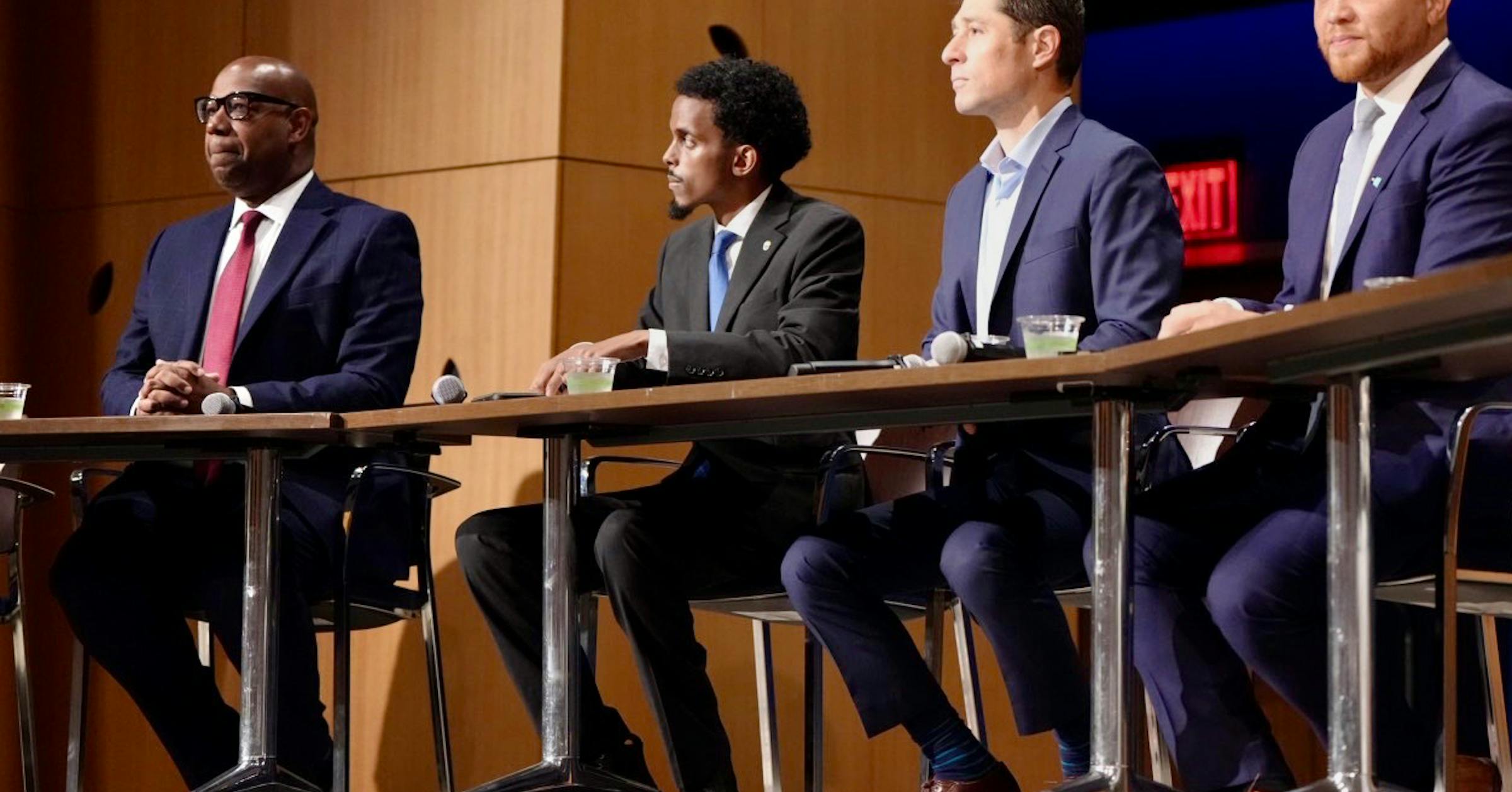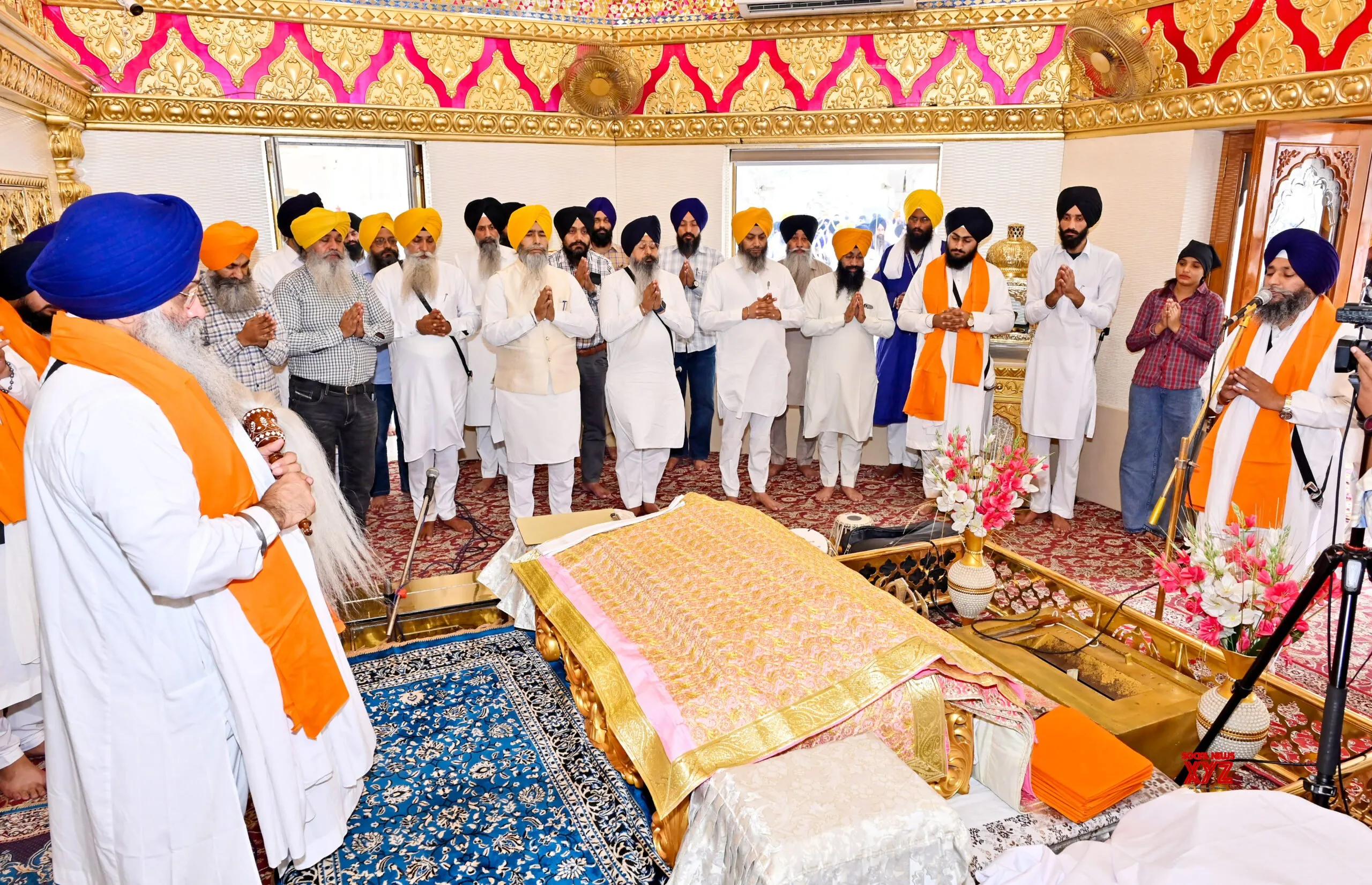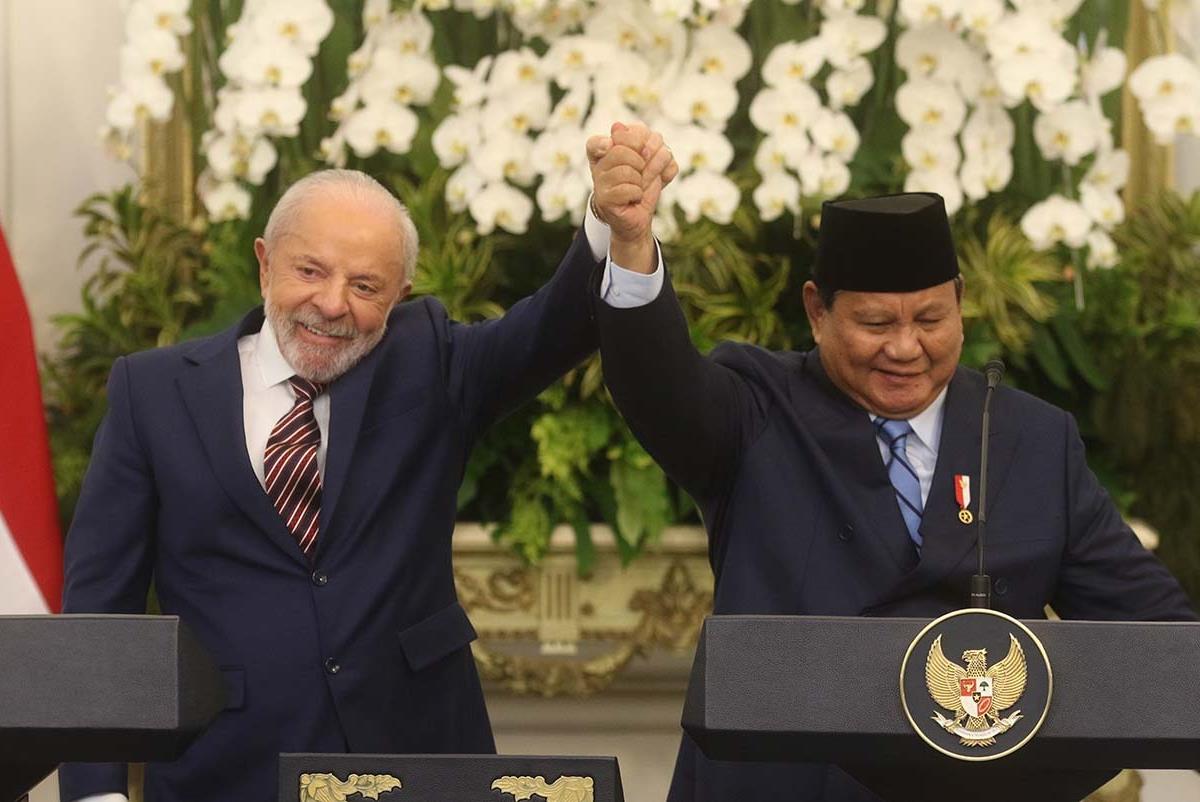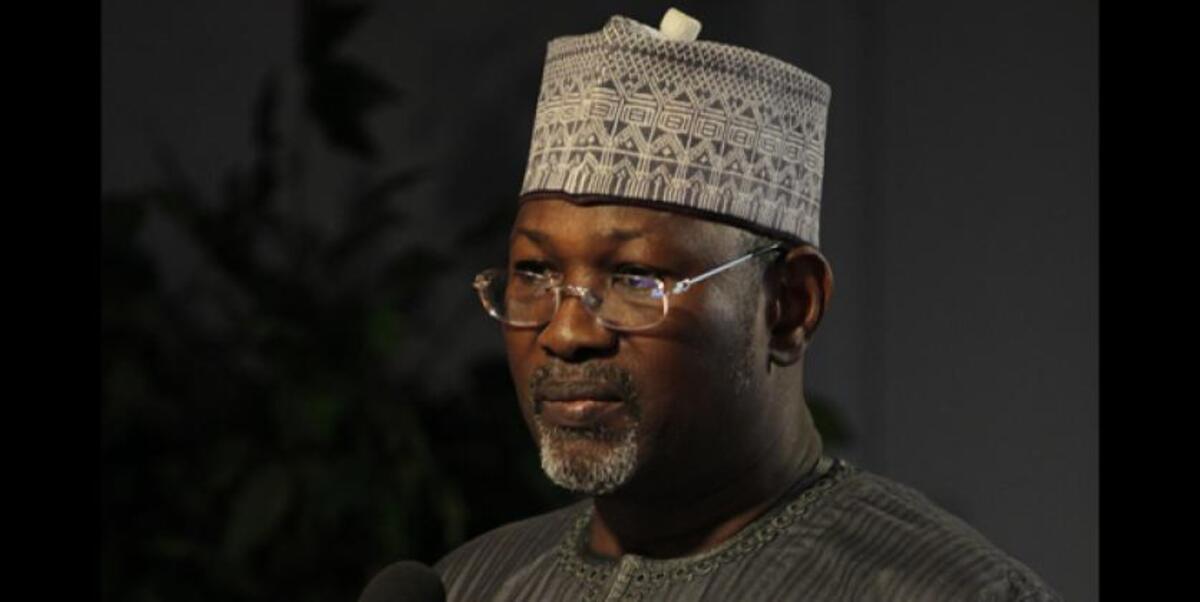Copyright Star Tribune

Out of 15 candidates, four have emerged as top contenders in the race: Mayor Jacob Frey, who is seeking a third term, State Sen. Omar Fateh, a democratic socialist, the Rev. DeWayne Davis, the former lead minister at Plymouth Congregational Church, and Jazz Hampton, an attorney and business owner. All are members of the Democratic Farmer-Labor Party, but their ideas for addressing the biggest challenges facing Minnesota’s largest city, including public safety, homelessness and economic development, differ in ways that illustrate the divide between the party’s left and moderate wings that often flare in city politics. Though it remains the city’s economic heart, downtown Minneapolis’ pulse has slowed as it struggles with lower demand for its retail and office space post-pandemic. Workers are coming back, but downtown remains a shadow of its former self. Davis believes the city can no longer rely on big corporations to bring more people downtown for work. He wants to create smaller spaces for lease, convert commercial spaces into residential or entertainment spaces, and offer tax incentives for small and medium-sized businesses to grow. Davis also wants to promote more “third spaces,” including fairs, farmers markets and concerts. Fateh said the city needs to grow its tax base. His campaign has emphasized the city’s need to use tools like the Vibrant Storefronts initiative, which subsidizes rent for artist organizations leasing vacant storefronts. He’s said he would meet regularly with the Downtown Council and partner with owners of vacant and underused spaces, expanding the city’s role in promoting business. Frey, who represented the North Loop on the City Council before becoming mayor, said he‘s working to replicate the formula that has made that neighborhood a bustling mixed-use district. He’s emphasized his administration’s work to convert commercial buildings to residences and supports breaking up large commercial spaces into smaller ones that are leasable for local businesses. He is the only major candidate who supports moving the five bus routes that run along Nicollet Mall to make the street friendlier to pedestrians and cyclists. In a recent debate, Hampton emphasized the need for walkable neighborhoods with an anecdote about how he moved away from Elliot Park, southeast of downtown, after his neighborhood pharmacy and coffee shop closed. He sees bureaucratic permitting and inspections processes as among the biggest barriers to luring business downtown and has said he wants to see more connections between the city’s neighborhoods. Tensions over public safety have been central to Minneapolis politics, especially since George Floyd’s murder in 2020. More recently, the city has faced several mass shootings, though overall, crime is down since a pandemic-era spike. Frey has strongly supported Police Chief Brian O’Hara, saying he’s proud to have recruited him, despite controversies including a botched response to a neighborhood dispute that culminated in a shooting and signing off on the hiring of a Virginia officer who had been involved in a use-of-force controversy. Frey has touted praised decreased violent crime, increased police recruitment and a diversification of officer ranks under O’Hara. Fateh has denied supporting defunding police, though his 2020 campaign materials included an image of City Council members with a “defund police” sign. He supported dismantling the police department to create an overhauled public safety department. During his mayoral campaign, Fateh has softened his rhetoric on policing, saying police should respond to calls more quickly, but that the city should take some things off their plate by having its unarmed behavioral crisis responders respond to more 911 calls. He has also called to further diversify the city’s police force. Davis, who co-chaired a citizen-led community safety group, has emphasized the need for culture change within the city’s police department. He’s said he rejects the false choice between “warrior-style police at every corner” and defunding police, saying there are lots of options in between. Frey has clashed with the council, vetoing legislation, including this year’s budget and a proposal to study a pedestrian mall on George Floyd Square. The council overrode both. He has defended his vetoes as a necessary check on bad policy and has suggested council members have not always worked in good faith or been interested in collaboration. Fateh has said he would bring his work building relationships as a state senator to City Hall. He has suggested Frey is responsible for a “toxic” work environment at City Hall, characterizing Frey’s vetoes and posture toward the council as blocking creative solutions to the city’s problems. Davis said he would hold town halls with each of the 13 city council members and work to understand where their agreements and disagreements are and not allow policy disagreements to become personal. Hampton said he believes Minneapolis residents want to see collaboration between the council and the mayor, and said he would include the council early in discussions in order to build policy together. Unsheltered homelessness — people staying outside or in cars or encampments — has fallen since a spike during the pandemic, but it remains a visible problem. Frey’s critics have seized on his approach to clearing encampments. Davis wants to beef up the city’s homelessness response team and move it out of regulatory services and into the health department to try to get people housed before the camps grow larger. He said the city needs more shelter beds and more partnerships with developers to build affordable housing. Fateh advocates for an approach favored by his democratic socialist allies on the City Council known as safe outdoors spaces, which could legalize and regulate encampments to bring services to them. He is the only candidate among the four to fully support rent control, with some exemptions and incentives for landlords to keep rent low. Frey has stood by the city’s decisions to close encampments, saying they are not safe for the people living there or nearby. He also touts a steep increase in affordable housing built during his two terms as mayor and has maintained that increasing the supply of low-cost housing is the best long-term solution to widespread homelessness. Hampton advocates for a larger Homelessness Response Team to address the issue and calls for a more proactive approach, coordinating with other local government agencies and partners to offer care for mental health and addiction issues while also helping people find housing. He supports streamlining processes to approve housing, increasing density around transit and expanding deeply affordable housing.



